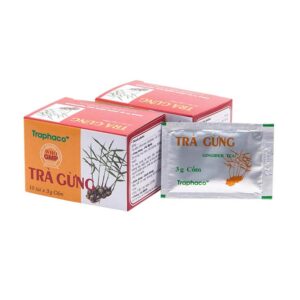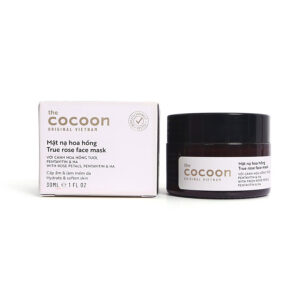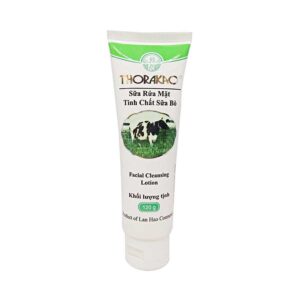Nutritionists advise to include local vegetables and fruits in the diet, and you need to eat 3-4 servings daily.
What berries are especially useful and what to look for? An immunologist spoke about the 5 most useful summer berries, their features and value for the body.
Top 5 summer berries:
1) Strawberry
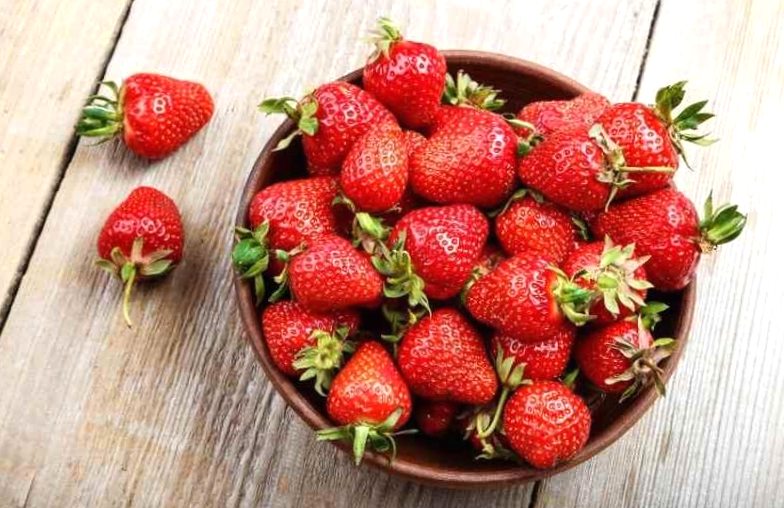
Strawberries are one of the richest sources of Vitamin C. And there is more of it in the berry than in lemons and garlic.
Vitamin C does not undergo destruction at low temperatures. Therefore, the berry is great for freezing.
Strawberries are high in antioxidant flavonoids. Their main function is to protect cells from damage by free radicals that are formed during metabolic processes. Normally, the body is able to cope with them on its own, but with illness and with age, this function is lost. Another function of antioxidants is to prevent premature aging.
The berry contains a large amount of magnesium, as well as potassium. Therefore, strawberries are recommended for people suffering from diseases of the heart and blood vessels, the nervous system. Some scientists note that it is useful for patients from risk groups to add strawberries to their diet to prevent vascular accidents – heart attacks and strokes.
Strawberries are a low-calorie product and can be used as a snack, added to cereals and desserts, smoothies, even for those who seek to lose weight and maintain the obtained result.
2) Raspberries
Raspberry season usually starts right after strawberry season. The chemical composition and benefits of the berry are difficult to overestimate, and in terms of nutritional properties, it is not inferior to strawberries.
Raspberries contain fiber, which supports normal digestion, intestinal microbiome, peristalsis, and prevents constipation.
Raspberries contain a large amount of vitamins that control and support metabolic processes, metabolism, as well as antioxidants that neutralize free radicals and prevent premature aging.
There are studies that prove the role of antioxidants in relieving inflammation. Flavonoids help in the work of the heart and blood vessels, prevent the development of chronic diseases.
This is a dietary product that is slightly higher in calories compared to strawberries, but also helps to maintain a normal weight and even contributes to weight loss.
3) Currant
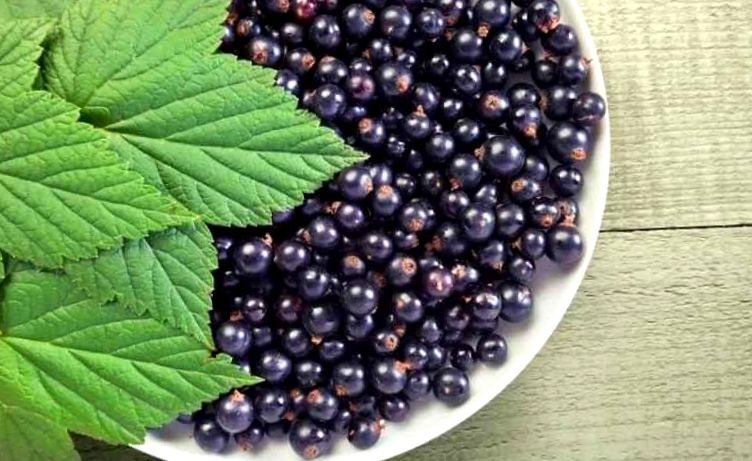
This is another berry with a high content of vitamins and minerals.
There are many varieties of currants. They differ not only in color, but also in chemical composition. The leader in terms of the content of useful nutrients is black currant, followed by red, but white, in comparison with other varieties, has the poorest composition. However, this does not mean that the berry is useless.
Currants are a rich source of vitamins B, C, E and D. These vitamins are involved in many metabolic processes, support the body and the nervous system.
If we turn to the mineral composition, then in the currant a large amount of potassium, which is involved in the regulation of water and electrolyte balance, maintains the pH inside the cells. Potassium is considered a safe alternative to sodium. People suffering from heart disease need to limit their sodium intake, and its source is table salt, and replace it with potassium. Potassium is also found in some types of herbs and berries.
4) Cherry
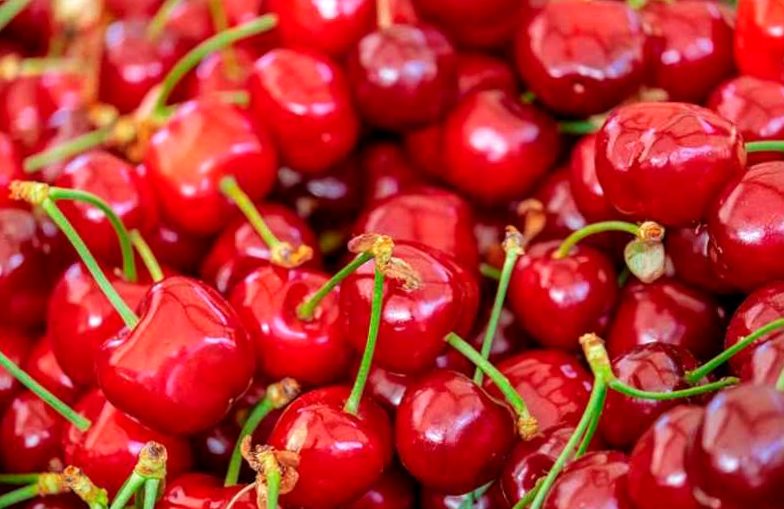
Cherries are rich in vitamins A, C, E and group B. These vitamins are necessary for the normal functioning of the cardiovascular system, organs of vision, regulation of the transmission of nerve impulses and the prevention of numerous diseases.
Cherries are rich in flavonoids – antioxidants, as well as melatonin, which helps to normalize sleep, digestive tract function and maintain blood cholesterol levels.
The berry contains a large amount of fiber, which helps in the work of the digestive tract, supports the microbiome and immunity. In total, a handful of berries cover a quarter of the daily fiber intake, while the berry is low in calories.
5) Blueberry

According to the international classification for the antioxidant activity of foods, blueberries occupy a leading position. And this berry can be considered as a source of beauty and youth.
The unique composition of the berry helps to control and prevent inflammatory diseases, their complications, has an antibacterial and antiviral effect.
By the way, blueberries are one of the rare berries that contain vitamin K, which is actively involved in maintaining healthy bones, preventing vascular calcification and destruction.
Vitamins maintain visual acuity and prevent some ophthalmic diseases. This berry is useful for maintaining the immune system and metabolic processes.
Easy recipe: How to make the best fruit salad
Read more:
7 foods that are contraindicated for allergy sufferers in the summer






